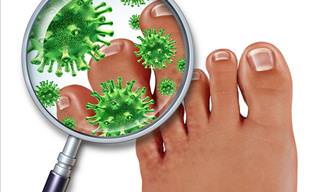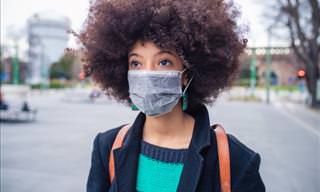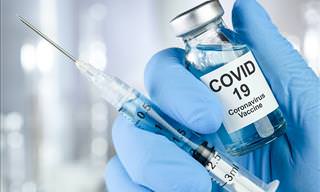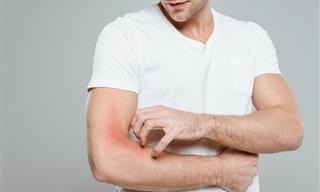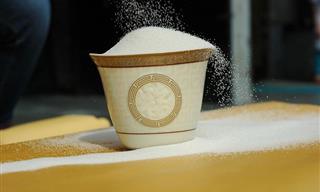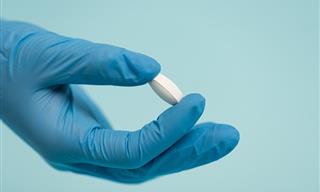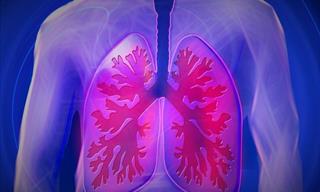Face masks have become one of the most essential tools in helping us curb the rapid spread of the novel coronavirus. Not only do they provide a physical barrier to keep the virus out but they also help in preventing the virus from spreading to others from an infected patient. Governments all over the world have now started making the usage of masks mandatory for anyone who steps out of their home during this pandemic. The Centers for Disease Control and Prevention (CDC) has recommended wearing cloth face coverings in public settings where other social distancing measures are difficult to maintain. Thus, it looks certain that face masks will become a part of our lifestyle (and our wardrobe) for some time to come.
While it is important to use face masks today, what is even more crucial is to understand how to use them correctly and safely. You might feel that by wearing a face mask you are protecting yourself from the deadly virus, but even a little mistake on your part can be fatal. It is hence imperative to understand the proper usage of a face mask and to learn when to replace it.
Replace your face mask if you were in at least one of the following scenarios:
1. If you have touched the mask after touching a potentially infected surface

If you are going out to buy groceries or for some other errand then you may accidentally end up touching a contaminated surface. For instance, the handle of a shopping cart, a shelf, or even a doorknob. Now, you can certainly wash your hands after coming back home to be safe. However, if you touched your face mask after touching a contaminated surface, then the mask becomes a potential threat, too.
"The more often you head out, or the more crowded an area you visit, the more reason to toss your mask into the laundry when you get home. And if you're on the fence, just wash it!" says pediatrician Cara Natterson, MD. You cannot take things lightly right now, and if you have been out in a crowded area, then the most prudent thing to do is to simply wash your mask thoroughly to be extra safe.
2. If you have been tending to someone who has coronavirus

If someone in your family, unfortunately, has had the COVID-19 infection or is suspected to have the disease, and you have been tending to them, then it is time for you to replace your mask. This also applies to those who have been taking care of COVID-19 patients in a professional capacity. Yes, you can wash your mask if you are using a reusable one, but it would be much safer to simply get a new one in cases like these.
The CDC says that porous items like cloth masks should be washed or laundered “using the warmest appropriate water setting for the items and dry items completely”.
3. If you had been wearing a mask while having COVID-19 symptoms

If you experience any symptoms of COVID-19, you must wear a protective mask all the time. However, even when you have recovered completely, you should either dispose of your old disposable masks or thoroughly wash any cloth masks. Yes, experts have observed that the coronavirus can only survive a few days on surfaces at most. But there is so much that we still don’t know about this new virus and it has behaved rather unpredictably. You simply have to be as careful as possible. Thus, it would be safer to get rid of your old mask if you were wearing it while having COVID-19 symptoms and get a new one.
4. If you touched your mask after coughing or sneezing

By now, most of you are probably aware that the novel coronavirus is spread through respiratory secretions. This means it can be easily transmitted through coughing or sneezing. A patient infected by the coronavirus will have to be particularly mindful of their sneeze or cough while wearing a mask. You might accidentally touch your face mask after coughing or sneezing into your hands. If you did so before washing your hands then the mask might well become contaminated. You have to either wash it properly right away or replace it immediately.
Even if you don’t have the infection and you're not feeling sick, you must not touch your mask after coughing or sneezing. Remember, that plenty of people with coronavirus have been asymptomatic. Thus, you have to be extra watchful even when you are wearing a mask.
5. If your mask doesn’t sufficiently cover your mouth and nose

This might sound obvious but you would be surprised how many people don’t realize their mask doesn’t fit properly. Your face mask shouldn’t just cover your mouth, it should adequately cover your nose as well. It would be better if the mask concealed the chin, too. If a mask doesn’t tick all of the above-mentioned points, you should make sure that you get a mask that does. You can also make a homemade mask and ensure that it covers all the vital portions of your face.
6. If your mask is made from just a single layer of cloth

Plenty of people are using homemade masks at present, as there is a significant shortage of commercially available masks almost everywhere due to extraordinary demands. Using a face mask made at home is fine but it must be up to the standards. The CDC says that a protective face mask must have multiple layers of fabric for it to properly protect you and the others around you. Thus, you should not be using a mask that you made at home from a single layer of cloth.
Health experts have suggested a variety of materials that can be used to fashion a face mask at home. Cotton t-shirts and pajamas are good options, but there are other choices that could filter much better. “HEPA filters, vacuum cleaner bags have done really well. Quilter’s cotton, which has a particularly high thread count, actually provides up to about 80 percent filtration of small particles, and actually performs better than a regular surgical mask,” says Dr. Benjamin LaBrot, a clinical professor of medical education.
 Go to BabaMail
Go to BabaMail









